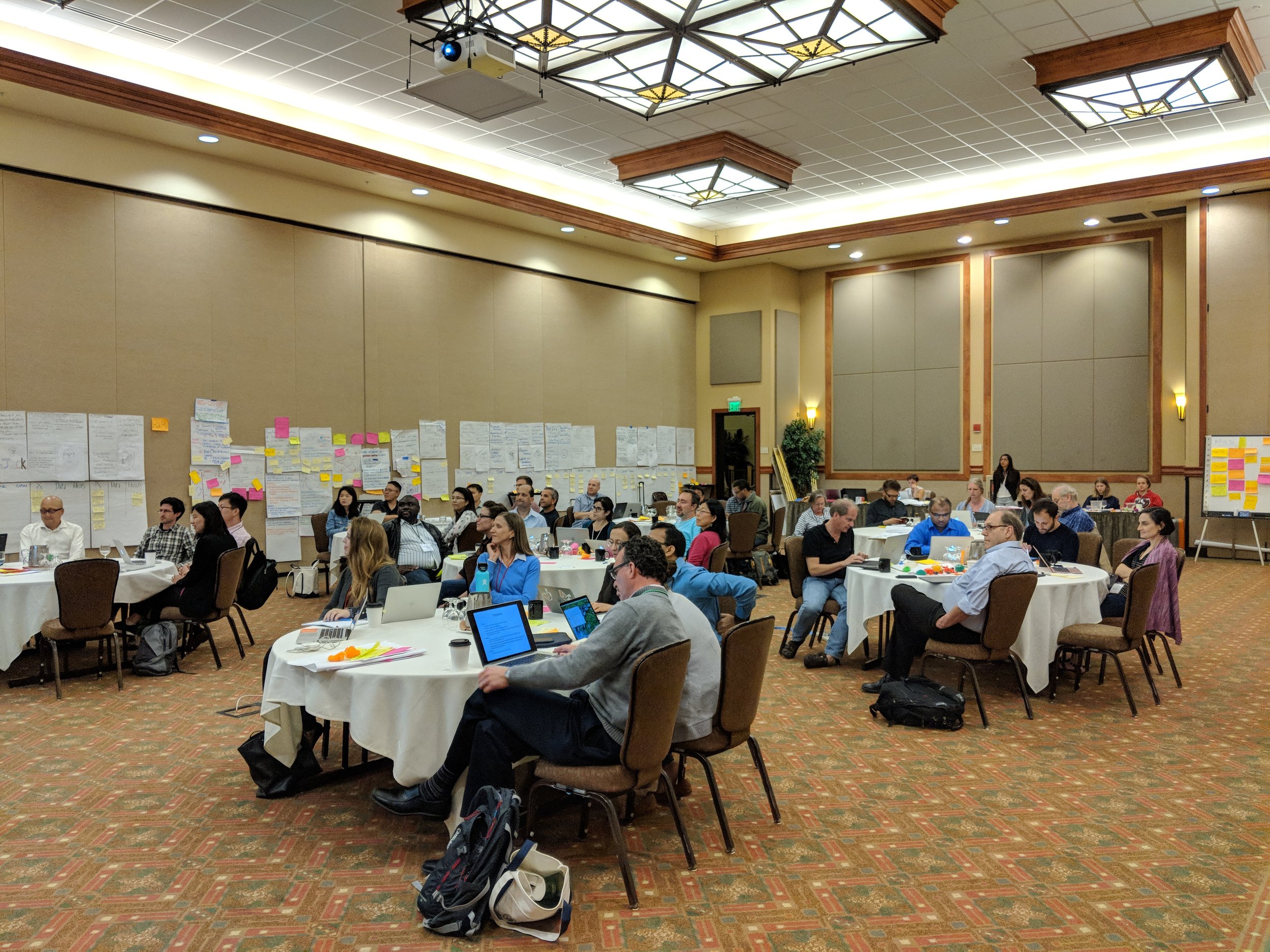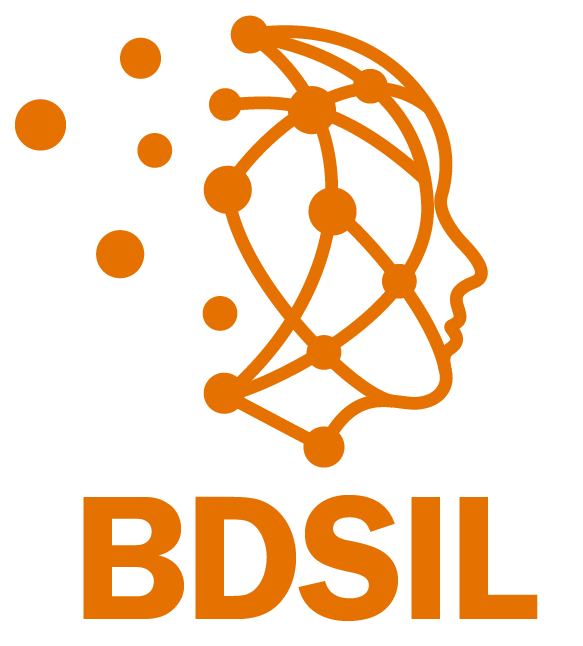
Past Innovation Labs
-

2023: Data Science and the Public Health Consequences of the COVID-19 Pandemic
The COVID-19 pandemic has upset our lives in ways unimaginable. We are only now, just contending with the secondary effects of COVID exposures – so-called ‘long-haul COVID’ – but also the effects of deferred regular health check-ups, poor mental health, etc. This lab fostered the formation of new interdisciplinary collaborations to generate creative strategies on the use of data science approaches for predicting secondary health effects of the COVID-19 pandemic.
-

2022: Ethical Challenges of AI in Biomedicine
Artificial Intelligence (AI) has great potential to assist in biomedical decision making. However, such systems are not immune from making erroneous recommendations, struggling to maintain patient privacy, and which give rise to vexing questions about their suitability across genders, ethnic, or cultural communities. The lab formed new interdisciplinary collaborations that generated creative strategies for addressing ethics of AI in biomedicine.
-

2021: Brain Analytics and Data Integration
The brain is recognized as a major source of microscopic, systems-level, spatial, and temporal datatypes in health as well as in disease. This BDSIL aimed to highlight the challenges of working with such datatypes and how data might be integrated to gain insights into brain form, function, and connectivity and the understanding of major clinical disorders.
-

2019: Data Science Challenges in Rural Health and Environmental Exposures
Rural health and environmental exposures specifically concerns communities in less populated areas of the country where exposure to pollutants, toxins, chemicals, etc have a disproportionate impact on citizen health and wellbeing. The immediate and long-term consequences of these exposures have a direct impact on life quality due to reduced access to health care, policies of local government, health disparities, changes to diet and exercise, and corporate interests. Collaborations between biomedical and quantitative scientists lead to project ideas with better approaches to implementation and interpretation of such data.
-

2018: Mathematical Challenges of Single Cell Dynamics
Understanding the implications of single cell heterogeneity is critical for developing personalized treatments. The Lab promoted collaboration between mathematicians, statisticians, and biomedical researchers towards the development of novel or significantly adapted models, methods, and approaches for overcoming difficult data science challenges arising from the collection and analysis of single cell big data.
-

2017: Quantitative Approaches to Biomedical Data Science Challenges in our Understanding of the Microbiome
The study of the microbiome is a rapidly developing area with the aim of identifying, treating, and preventing disease as well as promoting health by understanding the interaction of microbes with humans in a variety of ecological niches both within the human body and the external environment. The projects generated at the lab approached the relevant data associated with the microbiota with a health or biomedical research objective.
-

2016: Biomedical Data Science Challenges of Wearable and/or Ambient Sensors
Achieving the potential of wearable and ambient sensors will necessitate the integration of different data formats, including structured and unstructured data, realtime and static data, from diverse populations interacting with a range of devices including but not limited to wearable electronics, mobile devices, and environmental sensors. This data requires the development of computational and analytical methods to enable high-confidence predictions that relay just in time information to individuals through a personalized user interface and experience (UI/UX) for the greatest impact. The teams developed at the lab created project ideas that addressed this data science challenge.
Publications
List of Publications from Past Participant Projects or Teams:
Bayesian model selection reveals biological origins of zero inflation in single-cell transcriptomics
Cohort-based T-SSIM Visual Computing for Radiation Therapy Prediction and Exploration
Continuous Pain Assessment Using Ensemble Feature Selection from Wearable Sensor Data
Interdisciplinary data science to advance environmental health research and improve birth outcomes
Mobile Monitoring of Traumatic Brain Injury in Older Adults: Challenges and Opportunities
Periphery Plots for Contextualizing Heterogeneous Time-Based Charts
Precision Risk Analysis of Cancer Therapy with Interactive Nomograms and Survival Plots
Precision VISSTA: Bring-Your-Own-Device (BYOD) mHealth Data for Precision Health
